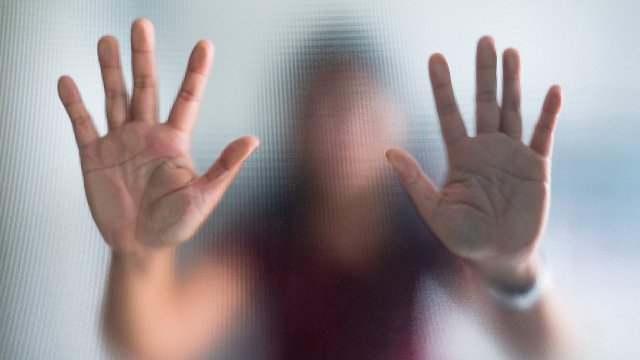"I was forced to stop studies (at university) because I was being harassed by a teacher. […] I remember going to his office to talk about time to rewrite a test. As we entered the office, he locked the door and began making indecent remarks about my hands, eyes, and peeing on the TV, etc. There was no physical contact."
The writer of this letter is a man. In a phone interview with LTV, he reaffirmed that it was this episode that became the reason for him to stop studies in a state budget-paid seat. He went on to another university.
"But after that little exchange of words, it became disgusting to me and I decided to leave [university] because I didn't want to ever see the person again. Moral and psychological trauma is still there. I didn't report to the management of the institution at the time because it was a shame, hard to prove anything."
The man said that he wrote to the LTV "Speak Up" campaign about the case because he saw people blaming the victims in comments online. More often than not, young women who dare to speak out about sexual harassment they have experienced are often blamed for provoking the teacher. The man revealed that he was a young guy at the time and the lecturer was a man in his later years.
The man asked not to disclose the name of the university where he was studying at the time. He said he knew of another case where the same lecturer had shown an unacceptable interest in a student.
LTV received a reply from the university:
"The person in question worked at [the university] until November 17 2004, but the personal file has been transferred to the archives, and (the university) does not currently have any further information on the person's employment record (at any university)."
Approximately 20 years have passed since the events referred to by the man. In the meantime, the institution has improved its code of ethics and students have the opportunity to raise the alarm.
Shame and guilt often accompany victims of sexual harassment and discourage them from reporting what has happened.
"It is no coincidence that victims do choose to speak out after a very long period, after several years, when they finally realize that what happened to me was really a violation and that I should not have been treated like that," explained Amanda Vēja, Director of BAC's Department for the Promotion of Child Welfare.
Meanwhile, the victim spoke to LTV on the phone and stressed that information on reporting should be easily accessible. So that all students know what to do if something like what once happened to him happens.





























